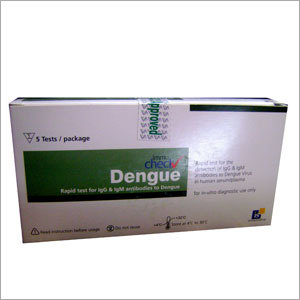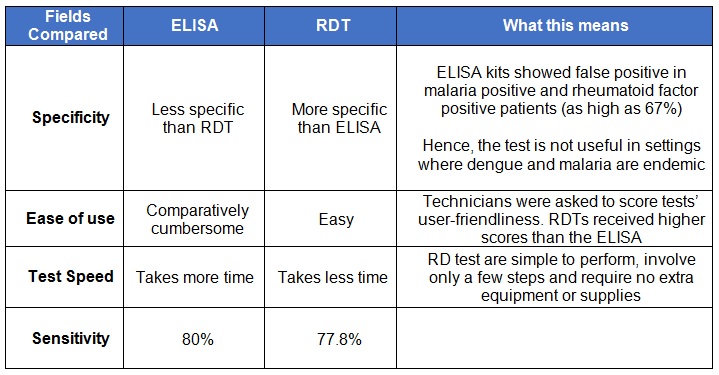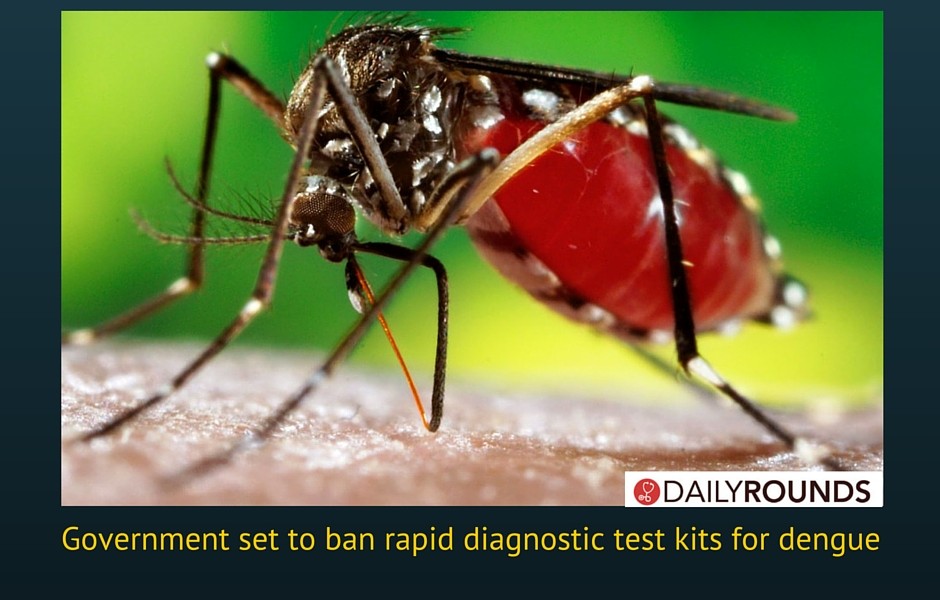
Government set to ban rapid diagnostic kits for dengue
The rapid diagnostic test kits for dengue provides inaccurate results says the government. This statement comes at at time when the country’s capital has witnessed a sudden jump in dengue cases (upto 1,259). The government is monitoring the situation and as a result the rapid diagnostic test kits which are used for quick detection are being investigated for inaccurate results.
Director General of Health Services (DGHS) Jagdish Prasad told reporters “Talks are going on with experts of the Indian Council of Medical Research (ICMR). We may ban the sale of rapid diagnostic kits, which are believed not to be reliable,” .
Mr Prasad said the ministry only recommends ELISA (enzyme-linked immunosorbent assay)based kits, which are provided by the National Institute of Virology (NIV) at 499 sentinel surveillance hospitals and 15 apex referral laboratories to facilitate free diagnosis.
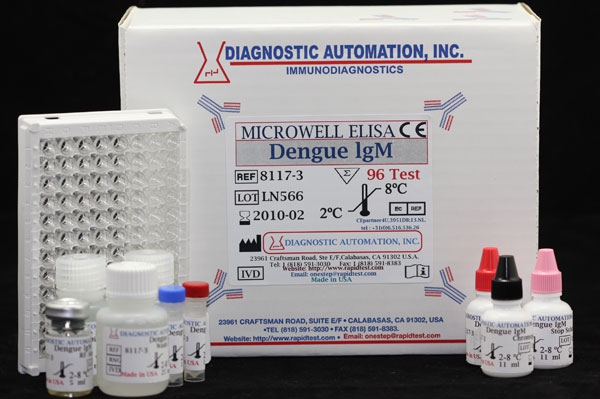
Rapid Diagnostic Kit vs. ELISA: A 2009, WHO report titled “Evaluation of commercially available anti-dengue virus immunoglobulin M tests” compares the two and presents the following observations.
It is to be noted however that this, evaluation has several limitations. Test performance was compared with reference laboratory assay results. These may be less sensitive than the commercial assays and cause some results to be misclassified as false positives. Specificity of the tests may be higher in real-life settings because not all potential causes of false-positive results will be present
Things to consider while creating an ideal diagnostic test
1) Sensitivity and specificity– If eradication is considered the most sensitive test possible would be preferred, even if specificity was slightly compromised, because during eradication a rare false positive (truly negative) would be better for the eradication process than a rare false negative (truly positive)
2) Test Speed– Speed of a test is always an issue when investigating outbreaks of acute clinical disease.
3) Test Availability– Even a perfect test, unless readily available, cannot help the agencies working towards disease prevention and containment.
4) Cost of the test- Efficiency of volume also comes into play. Diagnostic labs must consider how the costs of new tests compare to the costs of older tests, as well as their other advantages and disadvantages when adding to or deleting from their test offerings
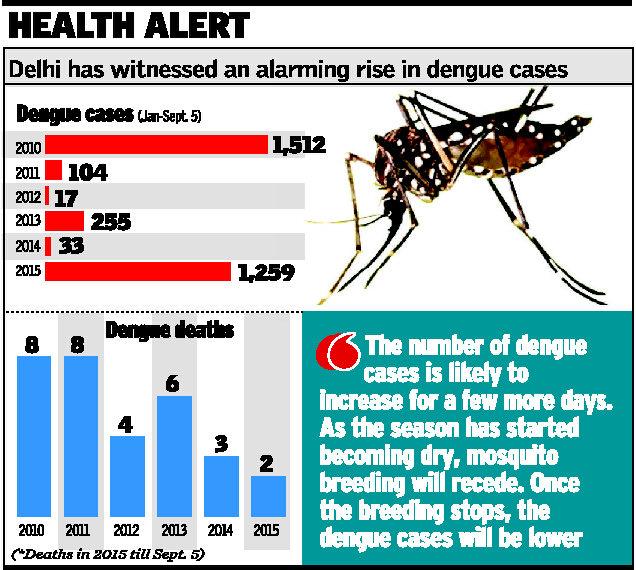
In the future, the Union Health Ministry would seek data and reports from individual hospitals across Delhi to ensure reported numbers are right and not fudged. This would even include premier institutes like- All India Institute of Medical Sciences, Ram Manohar Lohia Hospital and Safdarjung Hospital.Even as Delhi continues to suffer under dengue rage, a proper solution has to be found to ensure early detection, treatment, quarantine and lon term treatment options before the state goes into a possible epidemic.
Original Story – The Hindu; W.H.O
Image Credits – The Hindu
Enjoyed reading this news story? For MORE medical discussions,image cases, MCQs and cases download the DAILY ROUNDS app for FREE! at App Store or Play Store
